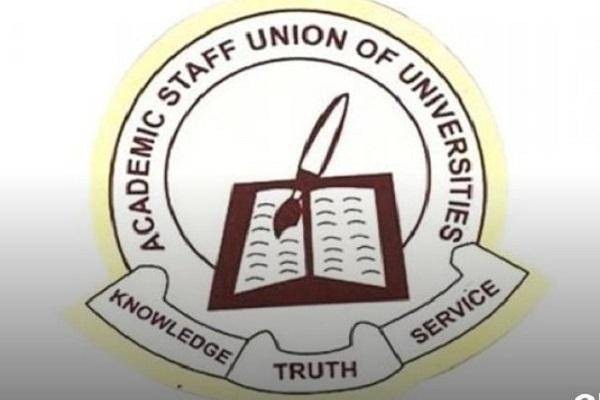
The Academic Staff Union of Universities (ASUU) has issued a 14-day ultimatum to the Nigerian government to meet its demands to avert industrial action. This was disclosed by the ASUU President Emmanuel Osodeke in a statement on Wednesday.
The union had on 20 August issued a 21-day strike notice to the government over its failure to address lingering issues with the union, particularly the 2009 Federal Government-ASUU agreement. The initial ultimatum expired on 9 September.
Earlier, as part of efforts to avert the threatened strike action, the Minister of Education, Tahir Mamman, also a professor, met with the leadership of the union two times on 28 August and 6 September.
The minister also set up a subcommittee to investigate the union’s demands, but the outcomes of the efforts could not be ascertained as of the time this report was filed.
ASUU’s Wednesday statement noted that the union met on Thursday, 19 September, to review the government’s response and was dissatisfied.
The statement reads in part: “ASUU resolves to give the Nigerian Government another 14 days, in addition to the earlier 21 days, beginning from Monday, 23rd September 2024 during which all the lingering issues must have been concretely addressed to the satisfaction of the membership of the union.
“The union should not be held responsible for any industrial disharmony that arises from the government’s failure to seize the new opportunity offered by ASUU to nip the looming crisis in the bud.”
Mr Osodeke noted that the government’s failure to fully implement the demands has “continued to exacerbate crises in public universities.”
He said the recent wage increase of 25 and 35 per cent for university workers cannot replace the finalisation of agreement which he said was based on collective bargaining principles.
“In particular, the government’s failure to conclude the renegotiation of the FGN-ASUU Agreement that has lingered for upward of seven (7) years, and implement the agreement, has not helped matters especially given the current economic realities in the country,” he said.


